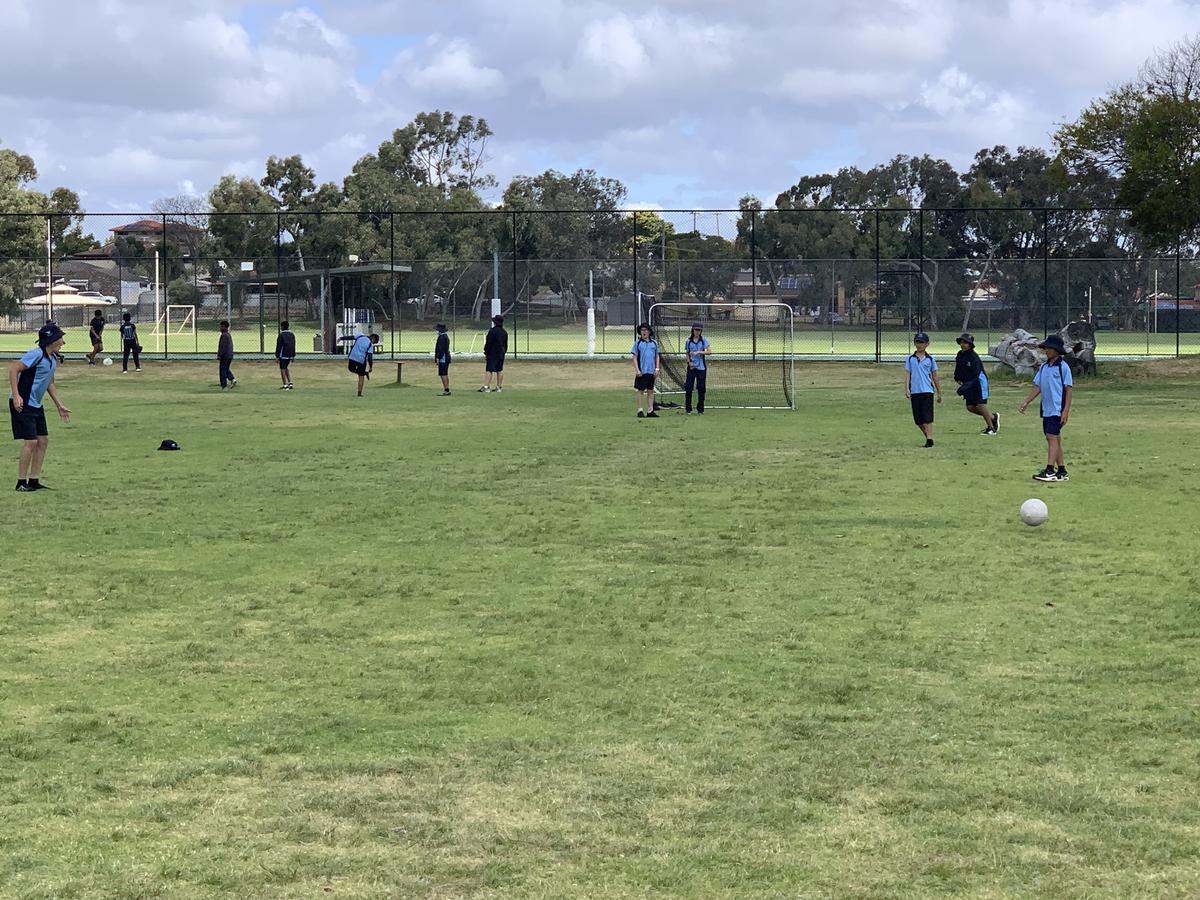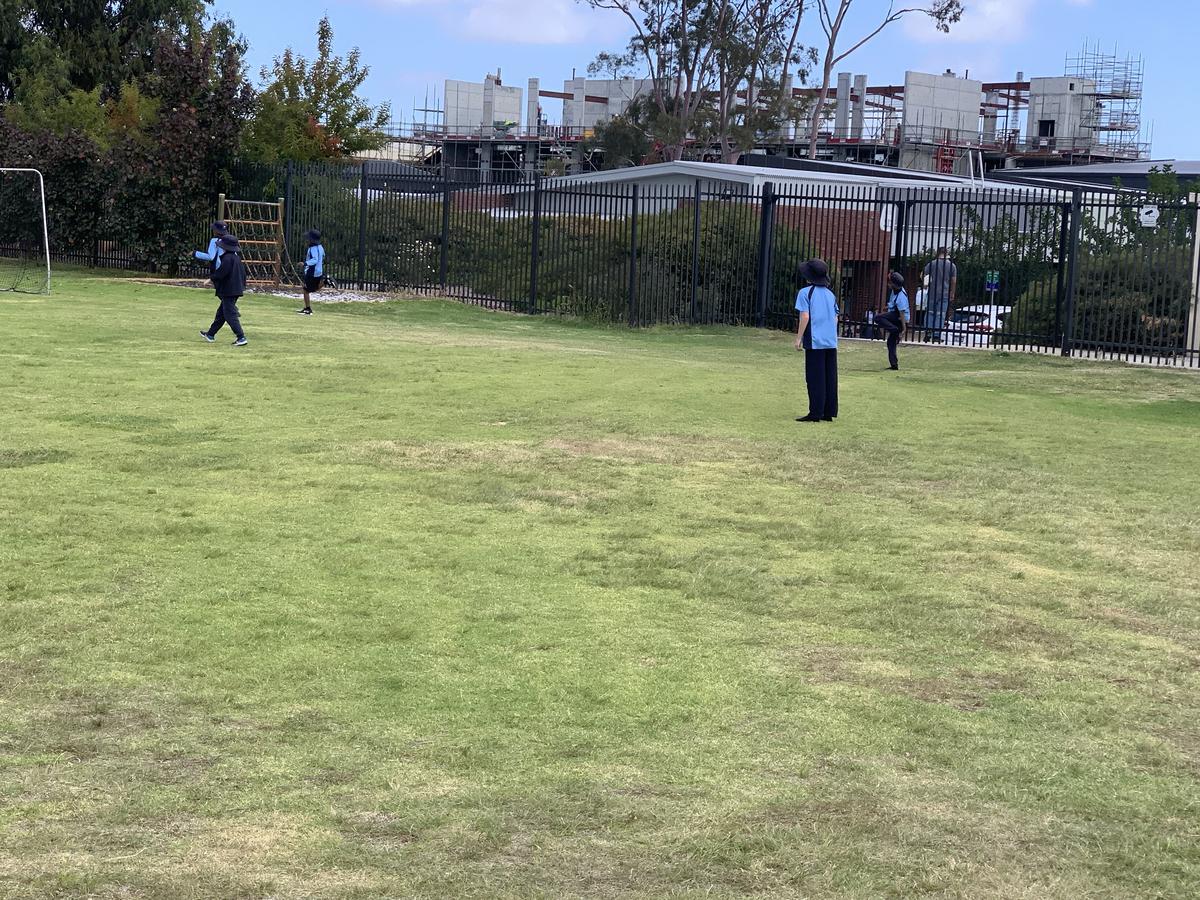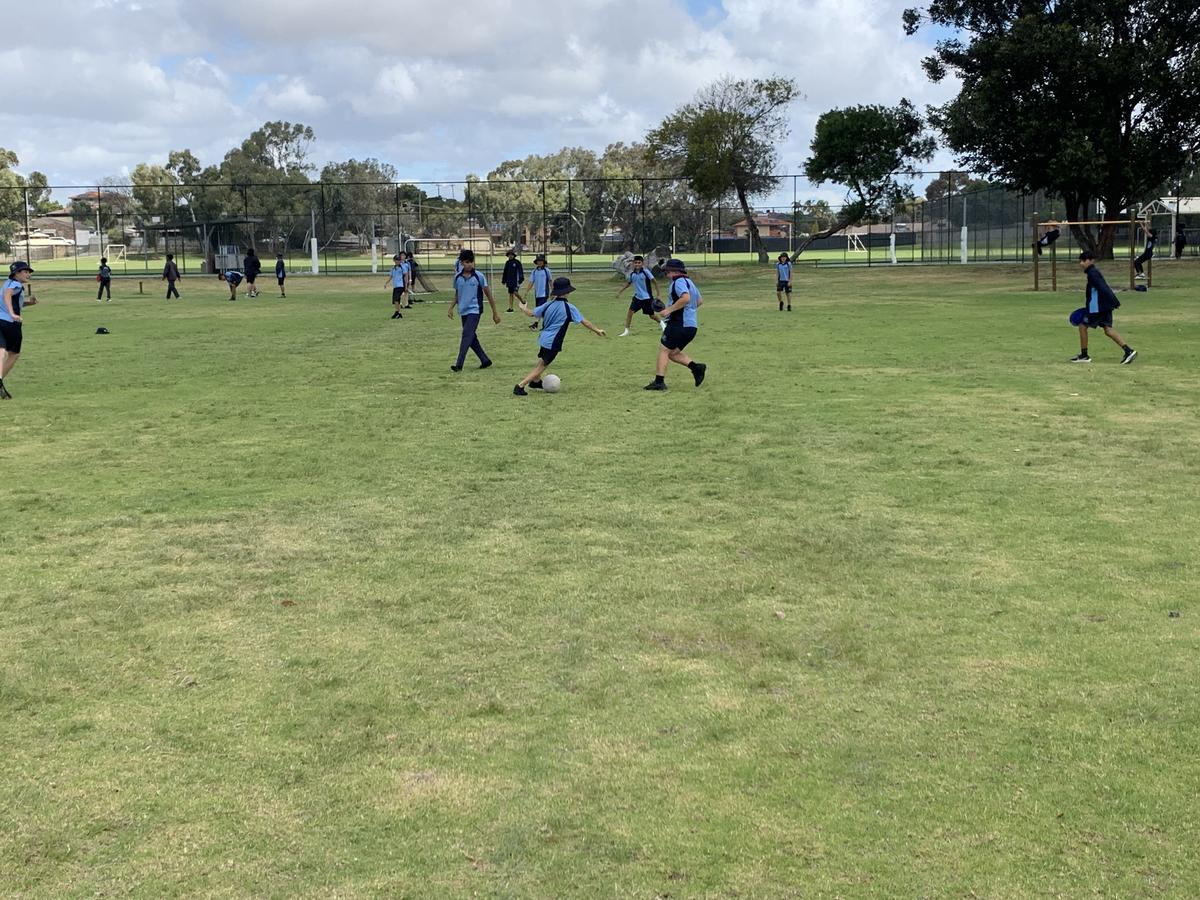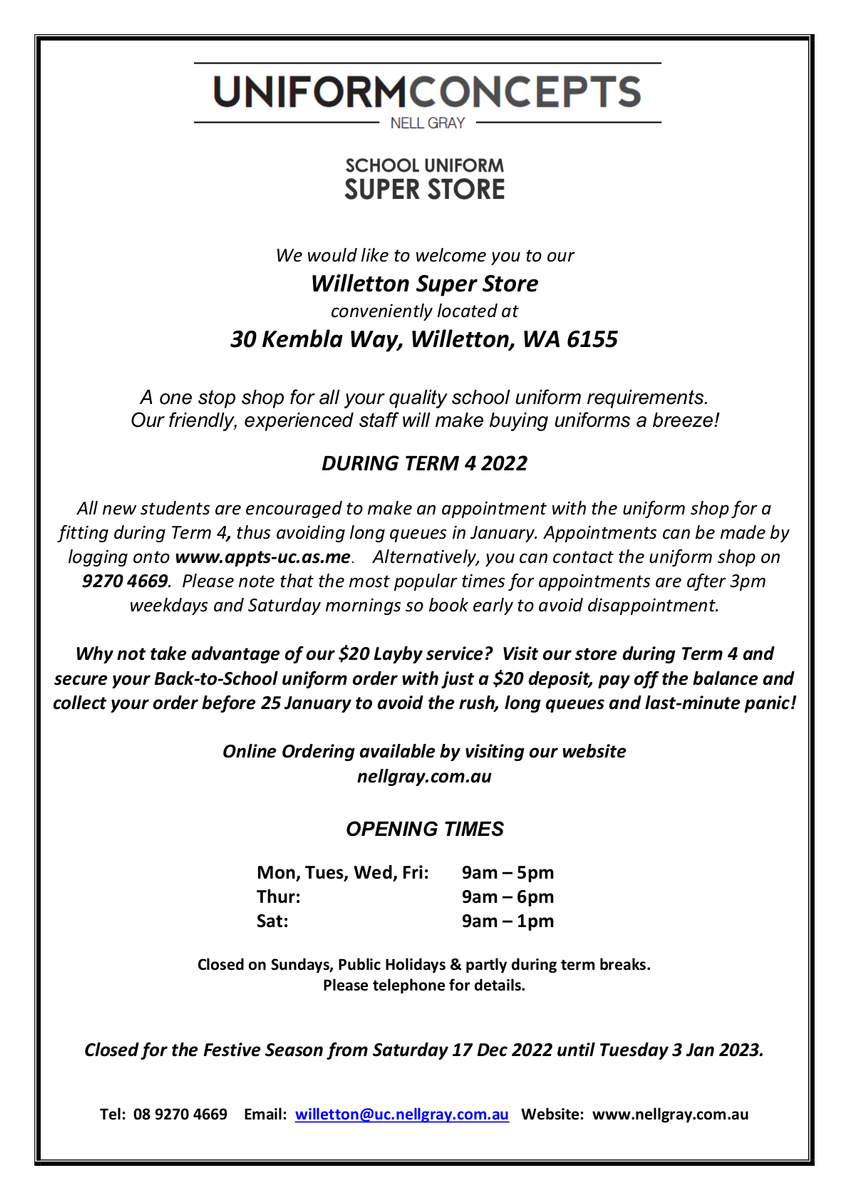School News

Primary Extension and Challenge
Year 4 student assessment and identification
State-wide testing of Year 4 students for inclusion in the Primary Extension and Challenge (PEAC) program in Years 5 and 6 has been conducted during 2022. PEAC offers a supplementary program for identified students and provides them with the opportunity to extend, challenge, and develop their thinking skills.
Placements into PEAC, based on testing, are highly competitive.
Congratulations to the following students for successful entry into the PEAC Program for 2023:
Ryan A
Scott A
Lucas C
Hazika K
Nicholas K
Tharu M
Aden M
Nyein S
Xavier P
Dezheng W
Kayden Y
Book Fair
Our school is hosting a Scholastic Book Fair and we would love to see you there!
Friday 18th – Wednesday 23rd November
8:30AM – 9:00AM
2:30PM – 3:30PM
You and your child will have the opportunity to explore a huge range of affordable books featuring characters and subjects kids love and want to read about. From newly released books and bestsellers to award-winning titles and perennial favourites.
This is also a great way for you to learn about, and discuss your child's interests and every book sold benefits our school, adding resources to our library and classrooms.
Scholastic Book Fairs help us show students the wonder of reading. After all, when kids choose their own books, they will be more excited to read, and they will naturally read more!
Sun Smart
Hats are vital for sun protection when the UV is 3 or above and physical activity every day is important for good health. Cancer Council Western Australia recommends that if students have forgotten their hat, "No hat? Play in the shade”. Wearing a hat is a healthy lifestyle choice, not a rule!
From the School Nurse
As the spring days are here and there are more insects around, it is a good time to remind the school community about anaphylaxis.
Anaphylaxis - what is it?
Anaphylaxis is the most severe form of allergic reaction and can be life-threatening. For people at risk, anaphylaxis occurs quickly after contact with the food, insect, or medicine to which the person is allergic. It is very important that people at risk of anaphylaxis avoid any contact with the trigger (allergen). This is especially important with food allergy – a severe reaction can occur if the allergic person comes into contact with even a tiny amount of the food. Anaphylaxis must always be treated as a medical emergency. Adrenaline autoinjectors (EpiPen®) contain a single, fixed dose of adrenaline which must be given to the person as soon as possible. Immediate administration of adrenaline is the only treatment that works for anaphylaxis.
Anaphylaxis - recognising a severe allergic reaction
It can cause constriction of the airway and/or a dangerous drop in blood pressure. Look for one or more of the following:
- Difficult or noisy breathing
- Swelling of the tongue
- Swelling or tightness of the throat
- Wheezing or a persistent cough
- Difficult talking and/or a hoarse voice
- Persistent dizziness or collapse
- Pale and floppy (especially in young children)
- Abdominal pain or vomiting (if following an insect bite or sting)
It is important to lie the person flat and get help fast.
Emergency first aid for anaphylaxis
- Lay the person flat, do not stand or walk. If breathing is difficult, allow to sit.
- Give the adrenaline autoinjector without delay. (Make a note of the time it was given.)
- Ring an ambulance - 000.
- Stay with and reassure the person. Do not allow the person to walk at any time.
- Give another adrenaline autoinjector if no improvement after 5 minutes
- If the person loses consciousness and there are no signs of breathing, begin CPR.
- Monitoring in a hospital is required for 4-6 hours, even if symptoms improve.
Some allergic reactions are mild or moderate. These reactions may involve hives, welts, tingling mouth, and/or swelling of the lips, face, and eyes. Mild reactions to food can involve abdominal pain and vomiting. Anaphylaxis (severe reaction) may or may not involve these signs and symptoms. Food intolerances are not life-threatening and should not be confused with food allergies.
For further information contact:
- Australasian Society of Clinical Immunology and Allergy www.allergy.org.au
- Allergy & Anaphylaxis Australia www.allergyfacts.org.au
- Western Australian Department of Health www.health.wa.gov.au/anaphylaxis
Anaphylaxis - checklist for parents of students at risk
- Tell the school administration if your child has been prescribed an adrenaline autoinjector (i.e. EpiPen), has experienced anaphylaxis, has any changes in allergies, and/or any other health care needs that may affect anaphylaxis management.
- Make sure you give the school an adrenaline autoinjector, which is clearly labelled for your child.
- If old enough, make sure your child carries an adrenaline autoinjector and knows how to use it. Show his or her friends, brothers, and sisters if they are old enough to understand.
- Provide an ASCIA Action Plan for Anaphylaxis completed and signed by your child’s doctor. Update the plan (including a photo of your child) when the adrenaline autoinjectors are renewed (usually every 12-18 months). Action Plans are available from www.allergy.org.au
- Help the school to develop an Individual Health Care and Risk Minimisation Plan for your child.
- Educate your child about how to avoid known allergens (triggers).
- Remind your child to immediately tell someone if she/he feels sick.
Uniform Concepts - Willetton
Please find attached the current uniform order form and prices
Maths Challenge
To find the answer, use a calculator – turn it upside down to read the answer to the question.
Julie and John have flown across the ________________.
John has flown the product of 3 and 714 kilometres. Julie’s journey is thirty-three cubed. Find the total km flown by John and Julie.
The solution to the last Maths Challenge (Term 4 Week 2)
ONE + TWELVE = THIRTEEN
Now rearrange the letters in twelve and one to spell out another two numbers that add up to THIRTEEN.
ELEVEN +TWO











